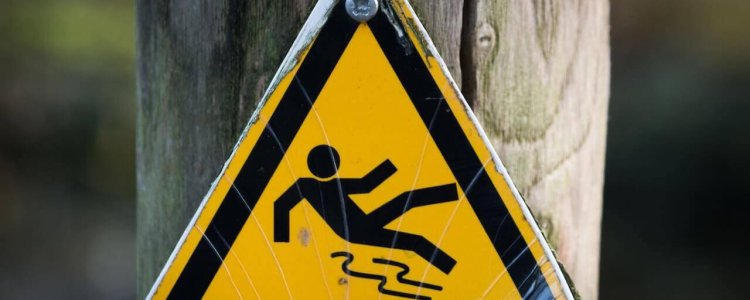Proving fault in a Massachusetts slip and fall accident can be a complex process, as it involves determining who is responsible for the injuries sustained by the victim. There are a few key factors to consider when attempting to prove fault in a slip and fall accident.
First, it is crucial to establish that the property owner or occupier had a duty of care to the victim. This means that the property owner or occupier had a responsibility to maintain the property in a reasonably safe condition and to warn of any known hazards. If the property owner or occupier fails to fulfill this duty, they may be held liable for the victim’s injuries.
Next, you must demonstrate that the property owner or occupier breached this duty of care. This can be done by showing that the property was in a dangerous condition and that the property owner or occupier either knew or should have known about the issue and failed to take reasonable steps to fix it or warn the victim. For example, if there was a wet floor that the property owner or occupier knew about but failed to clean up or warn the victim, this might be a breach of the duty of care.
Once you establish that the property owner or occupier had a duty of care and neglected that duty, the victim must prove that the breach contributed to their injuries. This requires showing that the dangerous condition on the property directly caused the victim’s injuries and that the injuries would not have occurred if the property had been in a safe condition.
Finally, the victim must prove that they suffered damages as a result of the slip and fall accident. This can include medical expenses, lost wages, and other out-of-pocket expenses.
In Massachusetts, slip and fall accidents also fall under the principle of comparative negligence. This means that the victim’s damages may be reduced if they are found to be partially at fault for the accident. For example, if the victim was not paying attention and failed to see a clearly marked hazard, their damages may be reduced according to their percentage of negligence. If the victim is more than fifty percent negligent, then they may not recover damages.
Overall, proving fault in a Massachusetts slip and fall accident requires demonstrating that the property owner or occupier had a duty of care and neglected that duty causing the victim’s injuries and damages.
Contact our Massachusetts personal injury attorney today to learn more about your rights in a slip and fall accident.

